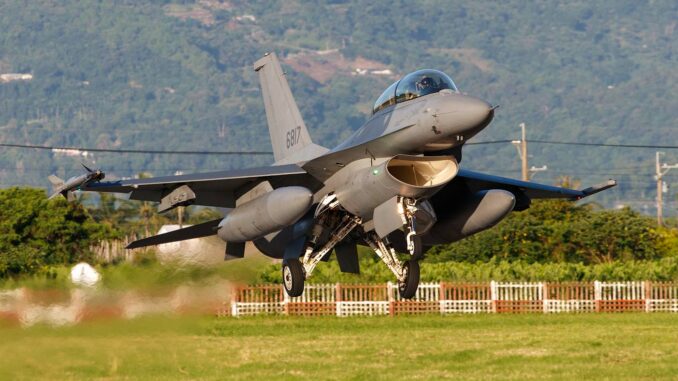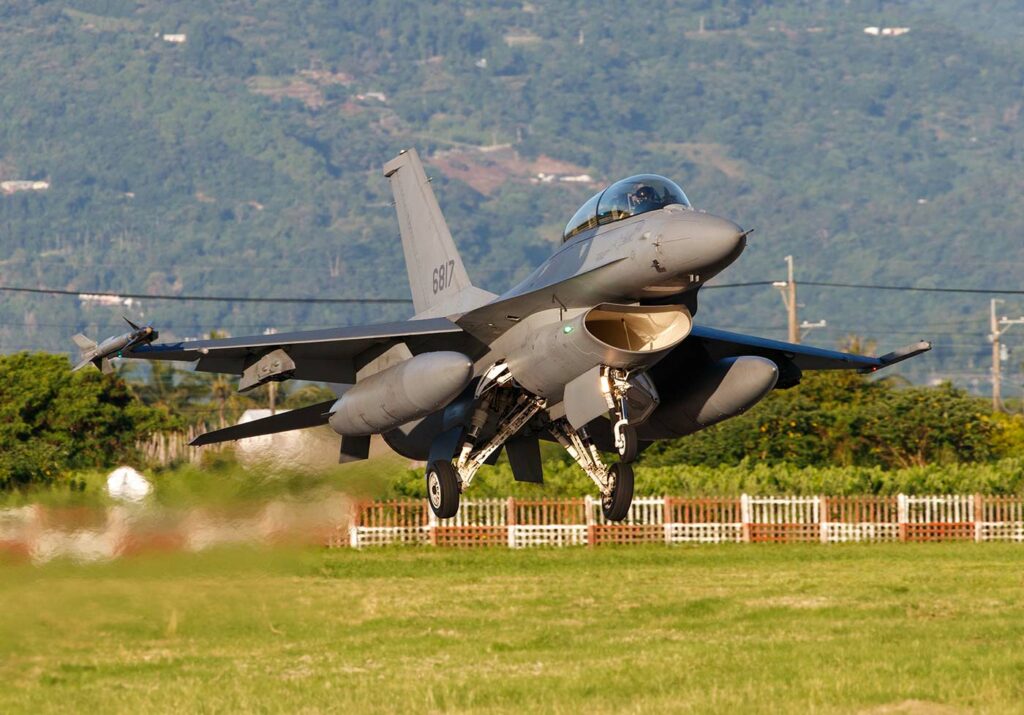
Poland expresses its readiness to join NATO’s nuclear sharing program to strengthen its security against Russia.
Poland’s willingness to host nuclear weapons
Polish President Andrzej Duda recently confirmed his country’s willingness to host nuclear weapons as part of NATO’s nuclear sharing program. This statement comes against a backdrop of heightened tension with Russia, notably following Russia’s deployment of tactical nuclear weapons in Belarus and the militarization of the Russian enclave of Kaliningrad, bordering Poland.
Duda indicated that this move was primarily aimed at strengthening NATO’s eastern flank. He stressed that if the allies decided to deploy nuclear weapons on Polish territory, Poland was ready to accept this responsibility. These statements are part of a broader dialogue between Poland and the USA on nuclear cooperation, which has been ongoing for some time.
The B61 air-delivered nuclear bombs form the core of NATO’s nuclear sharing agreement. These weapons are stored in secure facilities on the airbases of NATO member countries and can be deployed in the event of a crisis, subject to US and alliance approval. Aircraft capable of carrying these weapons are referred to as Nuclear and Conventional Capable Aircraft (NCA).
Advantages and disadvantages of hosting nuclear weapons
Advantages:
- Enhanced deterrence: The presence of nuclear weapons on Polish soil would significantly increase deterrence against potential threats, particularly Russian military aggression close to Poland’s borders.
- Strengthening ties with NATO: This move would strengthen Poland’s ties with other NATO members, affirming its central role in the alliance’s defense strategy on the eastern flank.
Disadvantages:
- Potential targets: The presence of nuclear weapons would make Polish airbases priority targets in the event of conflict, increasing the risk to national security.
- Military escalation: This could also lead to an escalation of military tensions in the region, prompting Russia to step up its military presence in response.

Potential consequences of hosting nuclear weapons
The adoption of nuclear weapons on Polish soil could have profound repercussions on regional security. It would signal a significant shift in NATO’s defensive posture, and could be interpreted as a provocation by Russia, which has already expressed concern at NATO’s actions. This could lead to an increase in Russian military activity on NATO’s borders, specifically around Poland and the Baltic states.
Moreover, it could further polarize international relations in the region, reducing the chances of diplomatic dialogue and increasing the risk of military incidents.
Poland’s expression of willingness to host nuclear weapons is a major development in the context of European security. It illustrates Poland’s commitment to NATO’s collective defense and its growing role within the alliance. However, it requires a careful assessment of the risks and benefits, taking into account the security implications for Poland and for regional stability as a whole.
War Wings Daily is an independant magazine.